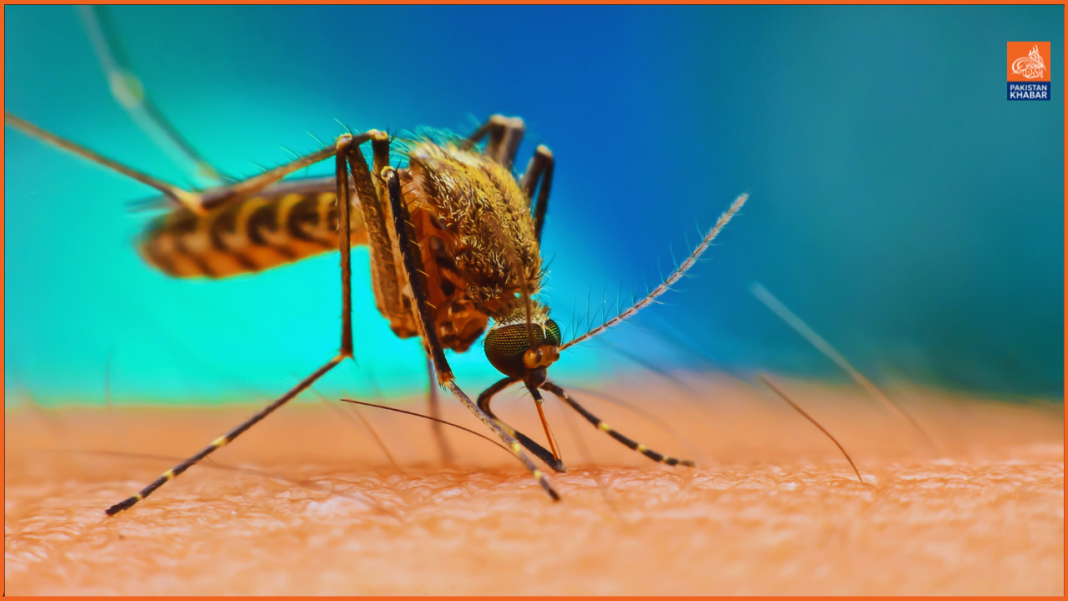A recent report from the health department reveals that Khyber district is the most severely impacted area in Khyber Pakhtunkhwa (KP), having recorded 10,000 malaria cases between January and August of this year. The data highlights a troubling trend in the region, particularly in other districts that have also experienced significant outbreaks. For instance, Shangla has reported 6,000 malaria cases, marking its first major outbreak of this disease. Meanwhile, Battagram has seen 3,000 cases, Dera Ismail Khan has recorded 4,000 cases, and the districts of Tank, Karak, and Lakki Marwat have each reported several thousand cases as well.
The adviser has pointed out that climate change is exacerbating the spread of vector-borne diseases like malaria, emphasizing the critical need for immediate and coordinated action to address this growing health crisis. The increase in malaria cases can be linked to changing weather patterns that create favorable conditions for the mosquitoes that transmit the disease. As temperatures rise and rainfall patterns shift, more regions are becoming susceptible to outbreaks, making it imperative for health authorities to enhance their surveillance and response strategies.
Efforts to combat malaria must include public awareness campaigns about prevention measures, timely access to treatment, and improved vector control programs. Addressing the root causes of climate change is also essential in the long term to reduce the prevalence of such diseases. The situation calls for urgent attention from both government and non-governmental organizations to implement effective interventions and safeguard the health of the population in KP.




